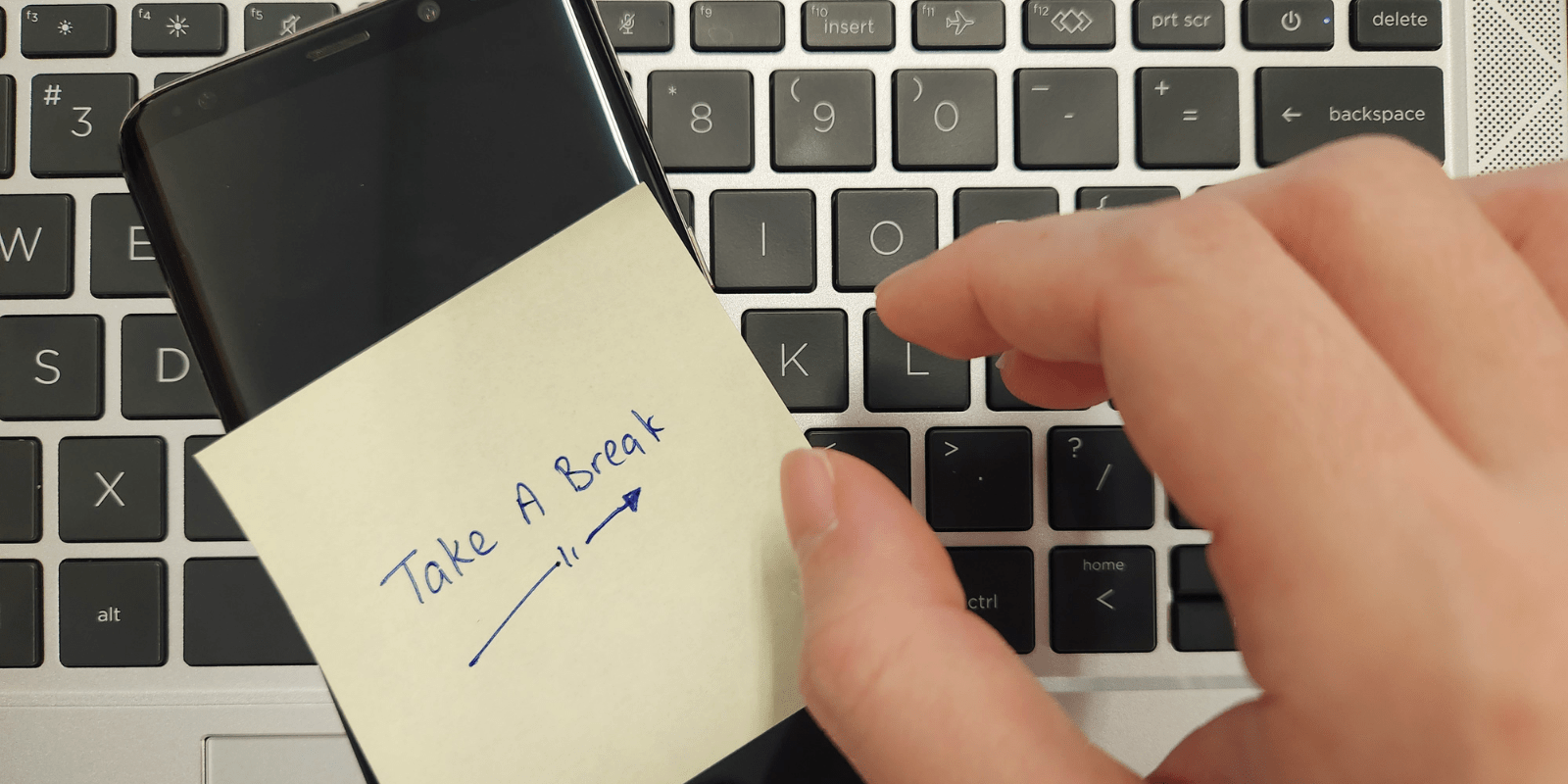
If you’re feeling tired, distracted or tense more than usual, a Digital Detox can help. Screens change how we sleep, move, focus and relate. This Yoast-friendly guide explains the problem, the science-backed harms of excess screen use, practical steps to reduce harm, a 7-day Digital Detox plan, tips for parents and workers, and when to seek personalised help. If you want an individually tailored plan, get a consultation from Vedic Upchar: https://vedicupchar.com/doctor-consultation
The problem
Ubiquitous screens fragment attention, delay sleep, reduce movement and increase stress. Over time, heavy screen use can cause poor sleep, eye strain, headaches, neck and back pain, anxiety, low mood and reduced productivity. A focused Digital Detox isn’t about quitting technology. It’s about using devices in ways that protect your body and mind.
How screens affect physical health
- Sleep disruption: Blue light and late-night use suppress melatonin and delay sleep onset.
- Eye strain: Staring at screens causes dryness, blurry vision and digital eye strain.
- Posture & pain: Hunching over phones or laptops causes neck, shoulder and lower-back pain.
- Reduced movement: More sitting means lower metabolic health and poorer circulation.
- Headaches & migraines: Intense screen use can trigger or worsen headaches for some people.
How screens affect mental health
- Attention fragmentation: Constant notifications make deep work and concentration harder.
- Stress & anxiety: Rapid, endless information and social comparison increase worry and agitation.
- Mood dips: Heavy social media use links to lower mood, especially in vulnerable people.
- Sleep-mood loop: Poor sleep worsens mood; worse mood leads to more late-night scrolling — a vicious cycle.
Who is most at risk?
- Teenagers and young adults with high social-media use.
- Remote workers with long screen hours and blurred work–life boundaries.
- People already struggling with sleep, anxiety or attention difficulties.
- Anyone who uses screens as a primary coping strategy (to avoid feelings).
Quick evidence-backed wins from a Digital Detox
- Better sleep timing and depth.
- Reduced daytime sleepiness and improved concentration.
- Lower perceived stress and more stable mood.
- Less neck/back pain when posture and breaks are improved.
- More time for restorative habits (movement, socialising, hobbies).
Practical steps for a sustainable Digital Detox (doable, not extreme)
1. Start with time limits, not total bans
Pick one screen habit to limit first — for example, social media after 8 pm. Use app timers or in-built digital wellbeing tools.
2. Create device-free windows
Morning (first 30–60 minutes) and evening (last 60 minutes) device-free windows reset circadian rhythm and reduce rumination.
3. Use friction to break scrolling loops
Move apps off your home screen, turn on grayscale after sunset, or log out of social apps to add small barriers.
4. Apply the 20-20-20 rule for eyes
Every 20 minutes, look at an object 20 feet away for 20 seconds to reduce eye strain.
5. Schedule focused work blocks
Use time-blocking (e.g., 50 minutes work / 10 minutes break). Turn off non-essential notifications during focus blocks.
6. Improve ergonomics & movement
Set a laptop at eye level. Use a chair that supports your back. Stand, stretch or walk for 5–10 minutes every hour.
7. Replace scrolling with short substitutes
Swap your first-thing scroll with a 5-minute breath practice, short walk, or a warm glass of water.
8. Night settings & blue-light reducers
Use night mode, blue-light filters, or warm screen settings after sunset. Prefer reading printed books or e-ink devices in bed.
7-Day Digital Detox Plan (practical & progressive)
- Day 1 — Awareness: Track total daily screen time. Note top 3 biggest time-sinks.
- Day 2 — Morning reset: No screens for the first 30 minutes. Replace with walk/pranayama.
- Day 3 — Notification audit: Turn off non-essential notifications. Only keep calls/messages.
- Day 4 — Work blocks: Try two 50/10 focus blocks with device-free breaks.
- Day 5 — Evening curfew: No screens 60 minutes before bed; use low-light activities.
- Day 6 — Social media fast: Skip social apps for one day; observe mood and cravings.
- Day 7 — Reflect & customise: Review what helped. Set sustainable rules you can keep.
Small, sustained changes are better than a dramatic weekend detox that’s impossible to maintain.

Tips for parents & teens
- Create family device rules (meals and bedrooms device-free).
- Model calm tech habits — kids mirror adults’ behaviour.
- Co-view and discuss online content with younger teens.
- Use parental controls and set consistent bedtimes without devices.
Tips for remote workers & employers
- Block meeting-heavy days; adopt “no meeting” slots.
- Encourage meeting-free lunch breaks and walking meetings.
- Provide ergonomic guidance and scheduled stretch reminders.
- Set clear “offline” hours to protect employee recovery.
Short practices you can do anywhere For Digital Detox (1–5 minutes)
- Box breathing: inhale 4 / hold 4 / exhale 4 / hold 4 — repeat 4 times.
- Neck release: slow head circles and shoulder rolls for 60 seconds.
- Eye palming: rub hands, cup over closed eyes for 30 seconds.
These reset attention and relieve screen tension quickly.
When to seek professional help
If screen use causes severe sleep loss, persistent anxiety, withdrawal from relationships, or functional decline at work or school, seek professional support. For an integrative approach that combines lifestyle changes, breathwork, sleep hygiene, and personalised Ayurvedic strategies — get a consultation from Vedic Upchar:
👉 https://vedicupchar.com/doctor-consultation
Common objections & how to handle them
- “I need screens for work.” → Set clear work hours, batch tasks, and protect non-work hours.
- “I can’t lose social connections.” → Curate feeds, schedule real calls, and limit passive scrolling.
- “It’s too hard.” → Start tiny: one 10-minute device-free window a day beats nothing.
Quick checklist — small changes that make a big difference
- Screen-free bedroom and meals.
- Morning no-screen window (30–60 min).
- Evening curfew (60 min before bed).
- 50/10 work-focus blocks.
- 20-20-20 eye rule and hourly movement breaks.
- Grayscale or app friction after sunset.